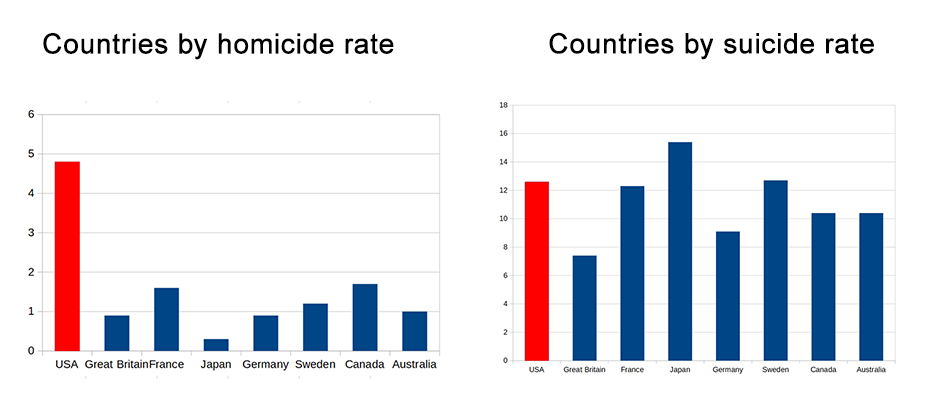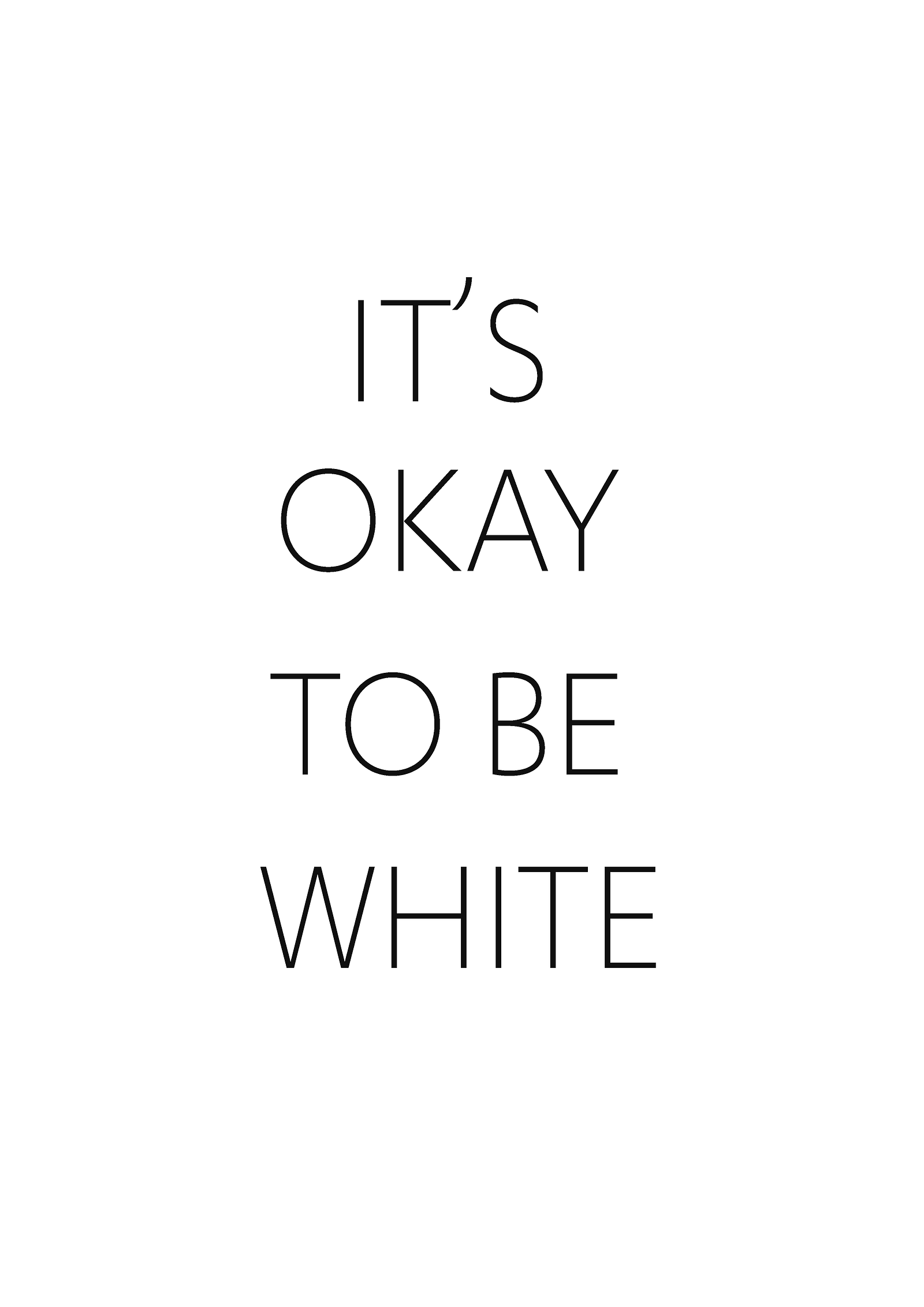- 10 Jun 2018 10:50
#14923056
I think the chemical imbalance idea has turned out not to be true, but it's without a doubt organic/physical, albeit also dependent on input/environment.
I always get irritated when people so easily dismiss drugs. The problem with the moderate average effectiveness is most likely underlying heterogeneity. As you say, drugs can and are life savers for people, and that's true for other mental health conditions as well.
Not sure how true this is. I've recently seen a survey where old people turned out to be the happiest of all age groups.
jimjam wrote:
Yes and no. Depression, once it takes hold, is a chemical imbalance. A real thing. Not a figment of the imagination. Antidepressants work to put the chemicals back in balance. My wife suffers from depression. Her first husband treated her like shit for 20 years thereby giving depression a good home. If it were not for antidepressants, she would be hospitalized … or dead.
But I also agree with you. Drugs can be way over used.
I think the chemical imbalance idea has turned out not to be true, but it's without a doubt organic/physical, albeit also dependent on input/environment.
I always get irritated when people so easily dismiss drugs. The problem with the moderate average effectiveness is most likely underlying heterogeneity. As you say, drugs can and are life savers for people, and that's true for other mental health conditions as well.
Ter wrote:I am no expert in the matter of suicide but I would like to add a couple of thoughts here.
Except for people with terminal disease and in great pain, there are a lot of older people in their fifties and sixties who contemplate old age and prefer not to experience it.
Many if not most older people have health issues which grow worse with time. There are conditions with pain, others need special diets, lots of medicines, reduced independence, less choices, less physical fitness, less enjoyment of life, and so on.
For some, the lack of family and friends is sad, and for some, financial concerns are part of retirement. The children are gone their own way, the retirement pension does not allow the same standard of life that one is used to.
Add to that the feeling of being useless. People used to have a professional life, responsibilities, and now there is nothing to look forward to. Except maybe once in a while seeing the grand children, if any. And often one hears of friends and family members who get sick and die.
Not a rosy picture, but for many, this is reality.
Not sure how true this is. I've recently seen a survey where old people turned out to be the happiest of all age groups.
"Science is the belief in the ignorance of experts"
Richard Feynman
Richard Feynman
















 Just take a deep breath, everything is fine.
Just take a deep breath, everything is fine.




 - By Tainari88
- By Tainari88 - By wat0n
- By wat0n